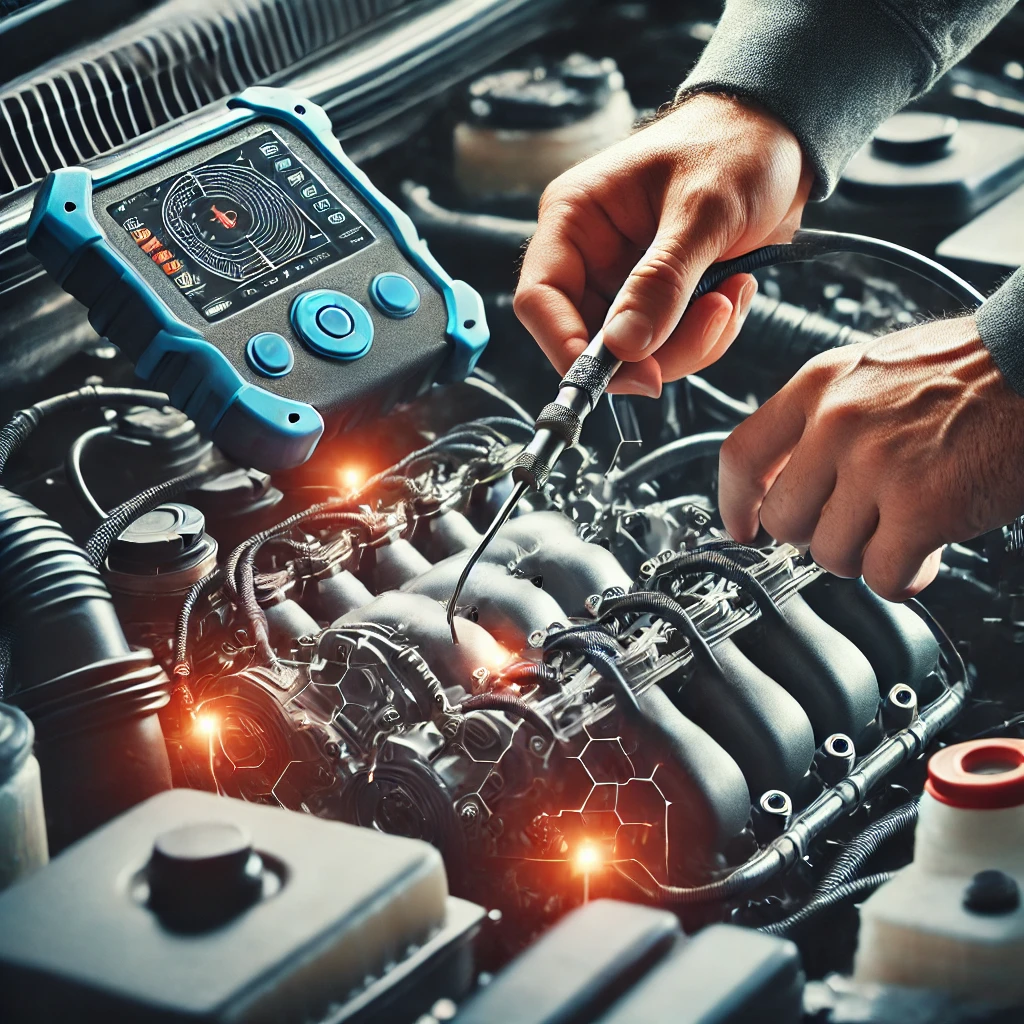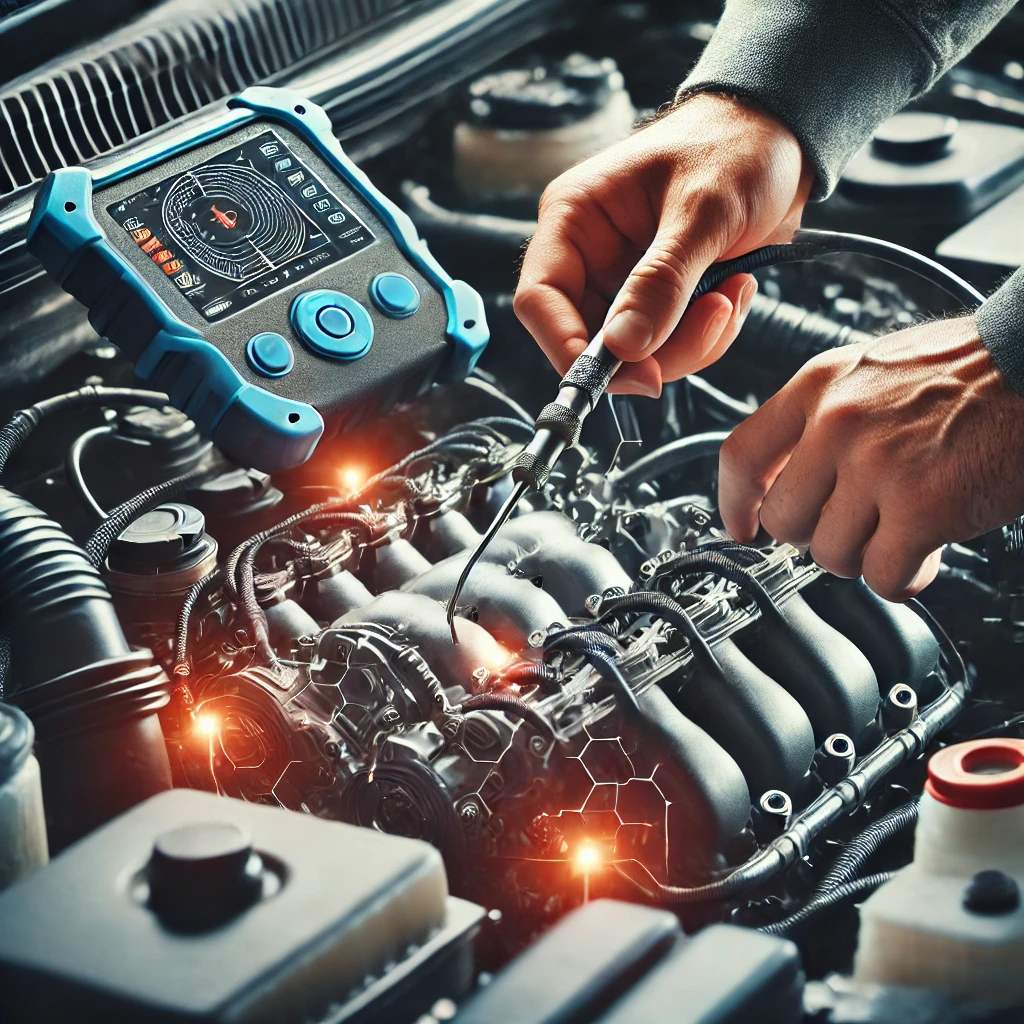Introduction
Automotive repair is an essential aspect of vehicle ownership, ensuring safety, efficiency, and longevity. Regular maintenance and timely repairs can prevent costly breakdowns and enhance your car’s performance. Whether you handle minor fixes yourself or visit a professional mechanic, understanding automotive repair helps you make informed decisions about your vehicle.
Common Automotive Repairs and Maintenance
1. Oil Changes
Regular oil changes keep your engine lubricated and running smoothly. It is recommended to change engine oil every 3,000 to 7,500 miles, depending on your vehicle’s make and model.
2. Brake System Repairs
Brakes are crucial for safety, and worn-out brake pads or malfunctioning brake fluid can lead to dangerous driving conditions. Routine inspections and replacements can prevent brake failure.
3. Tire Maintenance
Proper tire care, including rotation, balancing, and alignment, improves fuel efficiency and extends tire lifespan. Checking tire pressure regularly also ensures better performance.
4. Battery Maintenance and Replacement
Car batteries typically last 3-5 years. Routine checks for corrosion, proper charging, and secure connections can prevent unexpected breakdowns.
5. Transmission and Engine Repairs
Transmission issues can be costly if left unattended. Early signs like slipping gears or delayed shifting require immediate attention. Engine tune-ups, including spark plug replacements, fuel injector cleaning, and timing belt checks, ensure smooth performance.
6. Suspension and Steering Repairs
A faulty suspension system can lead to poor handling and ride comfort. Checking shocks, struts, and steering components helps maintain vehicle stability and control.
7. Air Conditioning and Heating System Fixes
A well-functioning HVAC system keeps your vehicle comfortable. Common repairs include refrigerant refills, blower motor replacements, and fixing faulty thermostats.

DIY vs. Professional Automotive Repairs
- DIY Repairs: Simple tasks like oil changes, air filter replacements, and tire rotations can be done at home with basic tools and guidance.
- Professional Repairs: Complex issues like engine diagnostics, transmission fixes, and electrical system problems require expertise and specialized equipment.
Tips to Reduce Automotive Repair Costs
- Follow the manufacturer’s maintenance schedule.
- Use high-quality fluids and replacement parts.
- Address minor issues before they become major problems.
- Compare service quotes from different mechanics.
- Learn basic car maintenance skills to handle small fixes yourself.
Conclusion
Understanding automotive repair helps vehicle owners keep their cars in top condition while avoiding expensive breakdowns. Regular maintenance, timely repairs, and knowing when to seek professional help can ensure a safe and smooth driving experience. Whether handling minor fixes yourself or relying on expert mechanics, taking proactive steps will extend the life of your vehicle and save you money in the long run.


